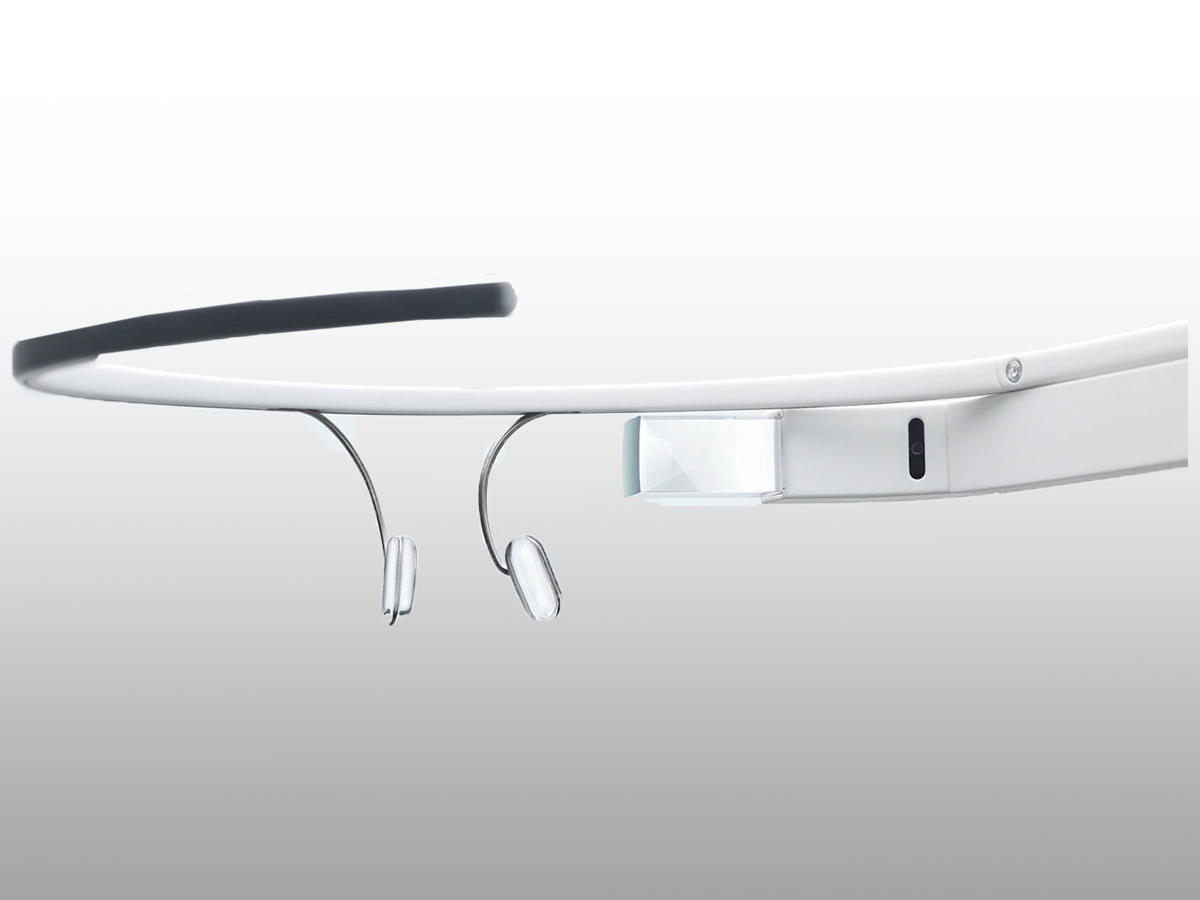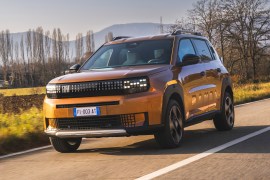GlassTesla creator: “Google Glass has made me a safer driver”
We talk to Glass app developer and Tesla driver Sahas Katta about the proposed UK ban on using the technology while driving

Yesterday we exclusively revealed that the Department for Transport is seeking a ban on the use of Google Glass while driving, citing the technology’s potential for distraction.
But according to someone who drives around wearing Glass every day, such a ban could prove decidedly short-sighted – because he believes the headset actually makes him safer behind the wheel. We caught up with Sahas Katta, developer of the GlassTesla app, to pick his brains on the proposed ban.
What do you make of the Department for Transport’s attempts to ban Glass use on the roads?
“I think it’s always good that there’s some criticism for a product. For example cellphones are extremely distracting in a vehicle. But I’ve been using Glass for about three months now and my experience so far is that I’ve completely stopped touching my phone. California is one of the states that makes it illegal to use your cellphone in your car, but most people still do have to reach out to their phone at some times. Glass has eliminated that necessity for me.”
People use satnavs all the time and nobody considers that to be particularly distracting…
“Well California actually tried to ban those for a time. It was not allowed to be on the centre of your dash, there were restrictions as to where on the dash you could position it. There have been criticisms against almost every technology – but they’re less distracting than paper maps!”
You don’t personally find Glass distracting?
“Google Glass is at a stage where it’s still somewhat your responsibility. If you’re trying to load up some web pages while driving, that’s probably not a great idea, but it’s still possible. But with navigation, it’s the best technology I’ve used to date – there’s no in-car, mounted or smartphone navigation system that can beat the experience of having Glass so far.
“So with a dashboard navigation, at night it’s glowing and is very distracting, and through the day it’s reflective and sometimes you can’t see it. With Glass on the other hand, your entire dash is completely clear, there’s nothing on the windshield, and in fact the Glass is not always on. As you approach a turn, from about a mile away, it makes a little sound and tells you there’s a turn coming up, and then once you’re closer to the turn, maybe a tenth of a mile, it turns on for a second time to remind you that it’s time to turn. It removes any constant distraction so you’re not seeing anything on the screen.”
So you think the idea of a ban may be premature?
“One of the things I’ve heard – and I don’t have 100 percent confirmation on this – is that Glass has an eye-tracking sensor that’s not being used yet. In the future this could be used and if [while driving] it detects that your eye has been closed for an extended period, it could try to wake you up. If your eyes are looking at the screen for too long, it could automatically turn off the screen to get your eyes back on the road. Developers are already trying to explore what can be done with this sensor.”
So in your opinion, it could actually make driving safer?
“I definitely think so. It already has for me.”
As an app developer, what would you like to see for Glass in the future, in terms of in-car apps?
“Glass could communicate with your car. So you could be approaching with your groceries and say, ‘OK, Glass, open the trunk’ and it pops open. Or slide open the door of a minivan. Those are the type of things where Glass can make your life seamless.”
No US ban… yet

Katta’s opinion is just one of many, of course. Tech evangelist and famed glasshole Robert Scoble has already espoused a more neutral opinion on driving with Glass, saying in a video that it is less distracting than an in-dash nav system, but still somewhat distracting (he compares it to a windscreen-level smartphone). Over at The Verge, Chris Welch writes that “your hands may be free, but focusing your eyes on Glass means taking them away from the road.”
Two US states are already considering banning Glass while driving, but as yet there’s been no movement against it on a federal level. The US Department of Transportation is not yet formally considering any restrictions, but is certainly aware of concerns over its safety.
Owners of both Glass and a Tesla S can download the GlassTesla app, which lets you control and monitor various aspects of the car through Glass, here.


